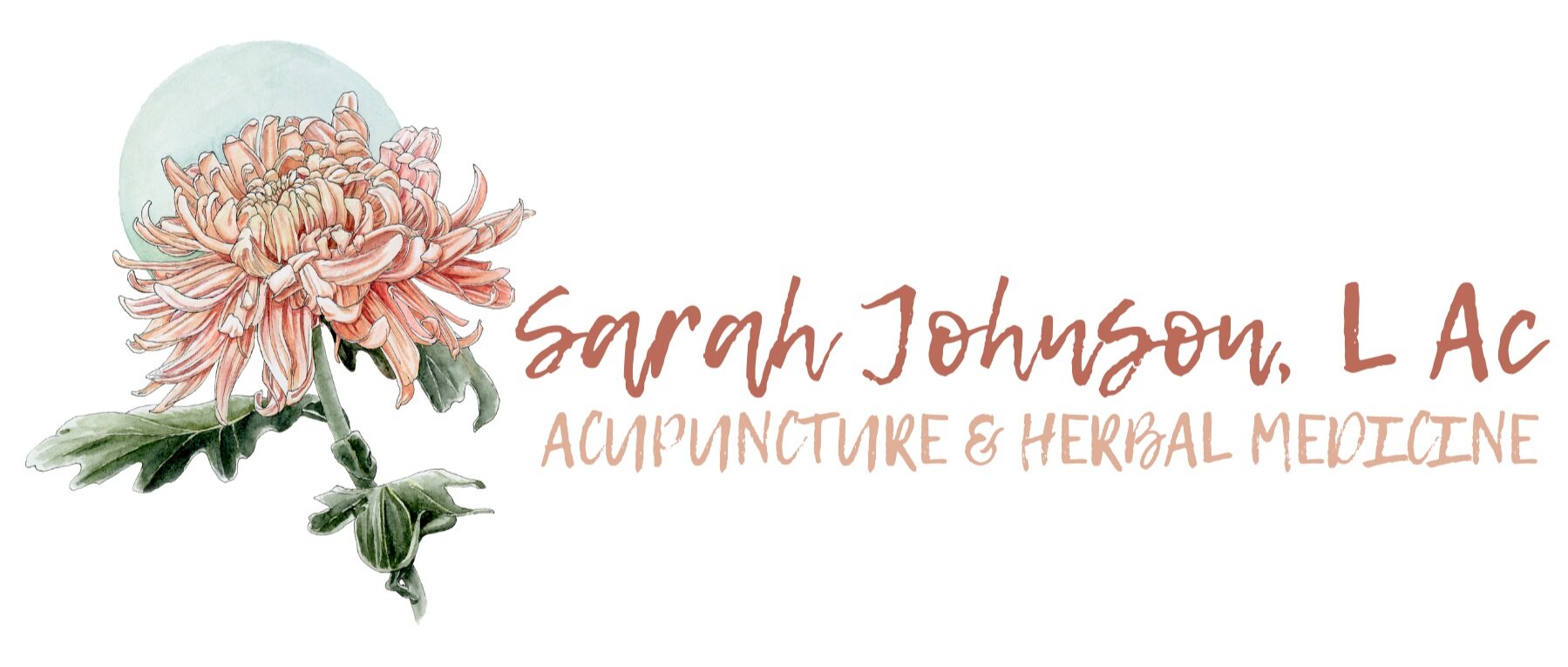Preparing Your Body for Menopause
Menopause can be a touchy subject for women who are heading towards it. Hot flashes, mood swings, weight gain, fatigue, brain fog? Who wants that? If you are nearing menopause (peri-menopausal), there are some steps you can take to help with a smoother transition for when the time comes.
Focus On A Nutrient Rich Diet
As we age our metabolism slows down so it is important for us to look at our diet. We need fewer calories but it is important that we are getting the right foods to support our health. Because your risk of osteoporosis and heart disease increases after menopause, it makes sense to adopt some healthy eating habits in the years before. Aim for a low-fat, high-fiber diet that’s rich in fruits, vegetables, and whole grains and calcium-rich foods such as low-fat yogurt, tofu, and leafy greens to give your bones the nutrition they need.
Move Your Body
Of course diet and exercise were going to be the top two ways to prepare, they are essential for a healthy body in all phases of life, but it is super important to main a healthy weight for menopause.
Being at a healthy weight makes menopause much easier and cuts your risk of high cholesterol, high blood pressure, heart disease, and stroke. There’s also evidence that weight gain after menopause increases breast cancer risk. People who gain an excess of 20 pounds after menopause increase their breast cancer risk by nearly 20 percent so it makes sense to adapt to a slower metabolism in peri-menopause by cutting back on some calories to avoid the risks of being overweight post-menopause.
Not only does exercise help boost your metabolism and stop weight gain but it also helps combat fatigue, reduces stress, strengthens bones, and helps with sleep and mood. Aim for 30 minutes of exercise a day.
Drop Some Bad Habits
Have you noticed that you feel those couple glasses of wine you had last night more than you did a few years ago? That’s your body telling you that you don’t metabolize alcohol like you used to. As we age we’re less able to get away with abusing our bodies. Instead we should focus on strengthening and nourishing.
As we age our livers just aren’t what they used to be. An over-taxed liver does not metabolize hormones well leading to hormone imbalances. In Chinese medicine, drinking too much alcohol is said to cause heat in your body and thus exacerbate symptoms such as night sweats, hot flashes, and anxiety.
For some women, caffeine can worsen heat symptoms as well. Caffeine stimulates the nervous system, potentially increasing the intensity of hot flashes and night sweats. It can also interfere with sleep, exacerbating the already common insomnia experienced during menopause.
Smoking is never a great idea, but it does come as a comfort to many. Besides the known reasons why smoking is bad for your health, research shows people who smoke typically experience menopause 1 1/2 years earlier than those who don’t smoke. If you’re in your forties and you smoke it’s probably a good time to consider quitting. Acupuncture is a good tool to have to help with this process, so talk to your acupuncturist.
Herbs, Supplements, & Regular Acupuncture
Dr. Susan Cohen, D.S.N., APRN, associate professor of the University of Pittsburgh conducted one of the first studies in the United States to explore the effectiveness of acupuncture in alleviating hot flashes, insomnia and anxiety. Cohen found that during the course of acupuncture treatments, hot flashes decreased by 35% and insomnia decreased by 50%. A follow-up study showed that hot flashes significantly decreased in those receiving acupuncture, compared to those receiving other types of care.
Herbal medicine can also play a big role in preparing for menopause. As we age, Chinese medicine says that we get more yin deficient and stagnant. Yin describes the body’s ability to moisten, cool, nourish and settle itself, so people who are yin deficient become dry, overheated, and unsettled. Dryness, hot flashes, night sweats, and insomnia are all symptoms of yin deficiency so to avoid these symptoms in menopause it makes sense to nourish yin in the years before. Classic herbal formulas are very good for this.
Stagnation of qi and blood in Chinese medicine describes poor circulation leading to irregular menstrual periods and difficult hormone transitions. If you suffer from PMS or irregular menstrual cycles in peri-menopause it’s worth taking Chinese herbs to correct this ahead of menopause and that way head off more major mood swings.
Other supplements to know about include:
Zinc helps increase levels of progesterone and decrease levels of estrogen. In addition, it can help to boost the immune system. Zinc also helps to build strong bones, thereby reducing the risk of osteoporosis.
Vitamin E can balance volatile hormones
Flaxseed oil lowers cholesterol and helps combat mood swings by smoothing hormonal transitions
An essential fatty acid supplement like borage oil or evening primrose oil can help moisten tissue and prevent vaginal dryness as well as balance hormones.
Calcium supplements help build strong bones in the years before menopause to prevent post-menopausal osteoporosis

